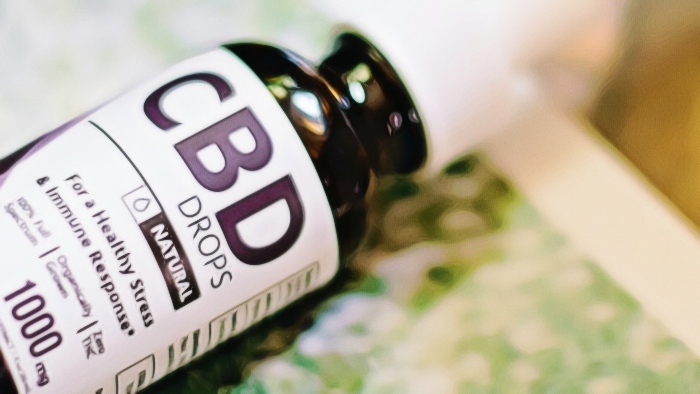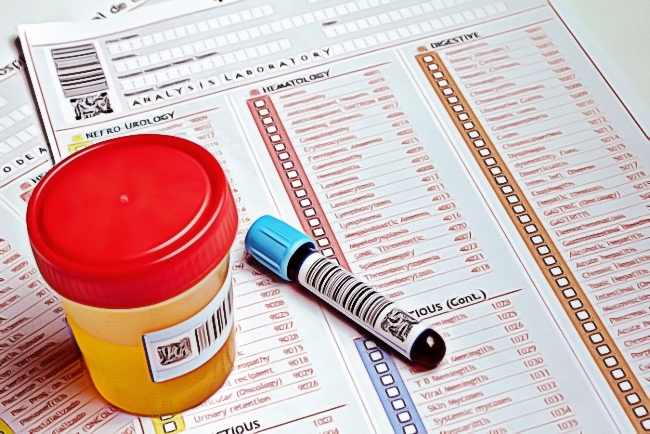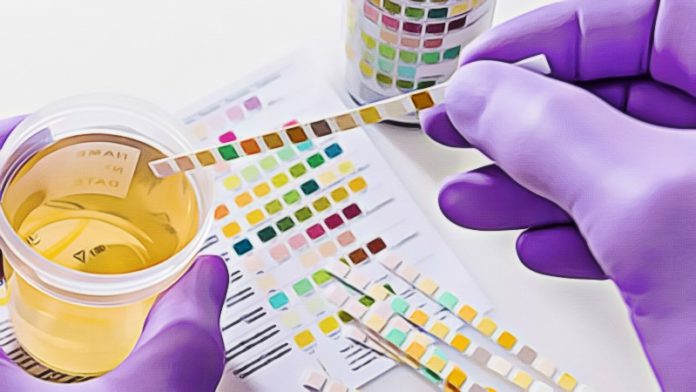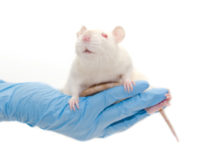In order to fully understand, “Does CBD show up on a drug test?,” it’s important to know what CBD is. And even more importantly, to know what CBD isn’t.
Does CBD Show Up on a Drug Test?
CBD is short for cannabidiol, which is a substance found in both marijuana plants and hemp plants. CBD is not another word for “marijuana.” CBD, by itself, does not make a person feel “high.
The use of CBD for therapeutic purposes has exploded in recent years. CBD is available in:
- Oils and tinctures
- Pills and capsules
- Edibles, such as “gummy” candies and chocolates
- Vaping products
- Creams and lotions
In the United States, hemp and the CBD derived from hemp is legal at the federal level.
On the other hand, marijuana and CBD derived from marijuana are currently subject to state laws. The legalization of marijuana, both for medicinal purposes and recreational use, is a rapidly changing area of the law. At the end of 2020, medicinal marijuana is legal in over 30 states and recreational use is legal in 15 states.
CBD products contain either full spectrum, broad spectrum, or isolate cannabidiol:
- Full spectrum may contain THC, which is the substance that makes a person feel “high.”
- Broad spectrum is processed to remove any THC.
- Isolate only contains CBD and not THC.
Currently, hemp-derived CBD can contain no more than 0.3% of THC. The amount of THC found in marijuana-derived CBD will vary from state to state.
What Does CBD Feel Like?
Hemp-derived CBD with trace amounts of THC (0.3% or less) will not make a person feel high or buzzed. What CBD feels like will vary from person to person. Lasting effects will also depend on the amount of CBD and the form (vaping, pills, etc.) used.
Some people take CBD for its relaxing and pain-relieving properties. Others use CBD for overall wellness and to sleep better at night. People taking CBD may have to experiment with dosing to find the amount that meets their health goals.
According to Harvard Medical School, potential CBD side effects may include nausea, fatigue and irritability.
CBD Drug Test
CBD, by itself, is not a substance that is routinely screened for. When people talk about CBD “showing up” on a drug test, they are most likely referring to any THC that may be in a CBD product. Whether or not someone using CBD products will test positive for THC depends on:
- If the drug test is in fact screening for THC
- How pure the CBD product is
- If the CBD was derived from hemp or marijuana
- When and how much CBD was last used
- How the CBD was administered (vaped, eaten, etc.)

It’s important to keep in mind that CBD is considered a supplement, which the Food and Drug Administration (FDA) doesn’t regulate. Even with “pure” products, it’s possible that cross contamination and poor manufacturing processes could result in CBD containing THC, when in fact it is not labeled as such.
CBD Oil Drug Test
Some people may wonder if CBD oil shows up any differently than other forms on a drug test. The answer to that question is, “No.” A drug test will not be able to tell if the THC is from a hemp-derived CBD product or marijuana. Furthermore, a drug test cannot determine if a person used CBD oil, vaped, or ingested edibles.
Will CBD Oil Show Up on a Drug Test?
Many people who use CBD products wonder, “Does CBD show up on a drug test?” As mentioned above, there is currently no testing being done for CBD. What may show up on a drug test is the THC that can be found in some CBD products.
Concerns over drug testing often arise up during a job interview. According to the Drug & Alcohol Testing Industry Association, many employers will do a 5 -panel urine test, which detects the following substances:
- Amphetamines
- THC
- Cocaine
- Opiates
- Phencyclidine (commonly known as PCP, angel dust)
How Long Does CBD Stay in Your System?
At this point in time, how long CBD stays in your system is difficult to know, as there is no way to test for it. For people who are concerned about passing a THC test, using products that contain CBD isolate derived from hemp may be the best option. But remember that with no FDA oversight in the industry, there are no guarantees—only the manufacturer’s word and policies.
How long THC—whether it’s from marijuana use or a CBD product—is detected in the body depends on:
- The route of administration (pills, tincture, vaping, etc.)
- How long the person has been using a product with THC in it
- When the last use of THC was
THC can be detected in urine, saliva, blood, and hair tests. After the person’s last use, they may test positive:
- Urine tests, anywhere from 3 to 30 days
- Saliva tests, up to 3 days
- Blood tests, 7 days
- Hair, up to 90 days
Generally speaking, THC will be present in the body longer for chronic users.

How Long Does CBD Last?
Each person’s body will absorb and react to CBD differently. For most people, the effects of CBD can last anywhere from two to six hours. How long someone feels the effects depends on what type of product they used.
- Vaping tends to kick in with a few minutes, but the effects may last a shorter amount of time than other forms of CBD.
- Oils and tinctures that are taken sublingually (under the tongue) are absorbed quickly and will usually last longer than vaping.
- Edibles, pills, and capsules must pass through the digestive system first. These products can take longer to kick in, but may last longer than vaping or sublingual products. In addition, the effects of ingested CBD may last longer if taken with food.
- Lotions and ointments are also slower to be absorbed, but the beneficial effects last a while.
CBD and drug testing is somewhat unchartered territory. Anyone concerned about drug tests should remember these three points:
- CBD is not a substance that is routinely tested for and does not make a person “high.”
- Products that contain CBD may also contain THC. THC can make someone feel “high” and is part of most drug test panels.
- Hemp-derived CBD isolate products should not contain any THC, but keep in mind there is no FDA oversight.
Sources:
https://www.health.harvard.edu/blog/cannabidiol-cbd-what-we-know-and-what-we-dont-2018082414476
datia.org/datia-resources/27-credentialing/cpc-and-cpct/931-workplace-drug-testing.html
https://www.nbcnews.com/news/us-news/map-see-if-marijuana-legal-your-state-n938426
https://www.pbs.org/newshour/science/is-cbd-legal-heres-what-you-need-to-know-according-to-science
https://www.healthline.com/health/how-long-does-cbd-stay-in-your-system#drug-testing
https://www.healthline.com/health/10-panel-drug-test#detection-times
https://www.healthline.com/health/does-cbd-show-up-on-a-drug-test
















